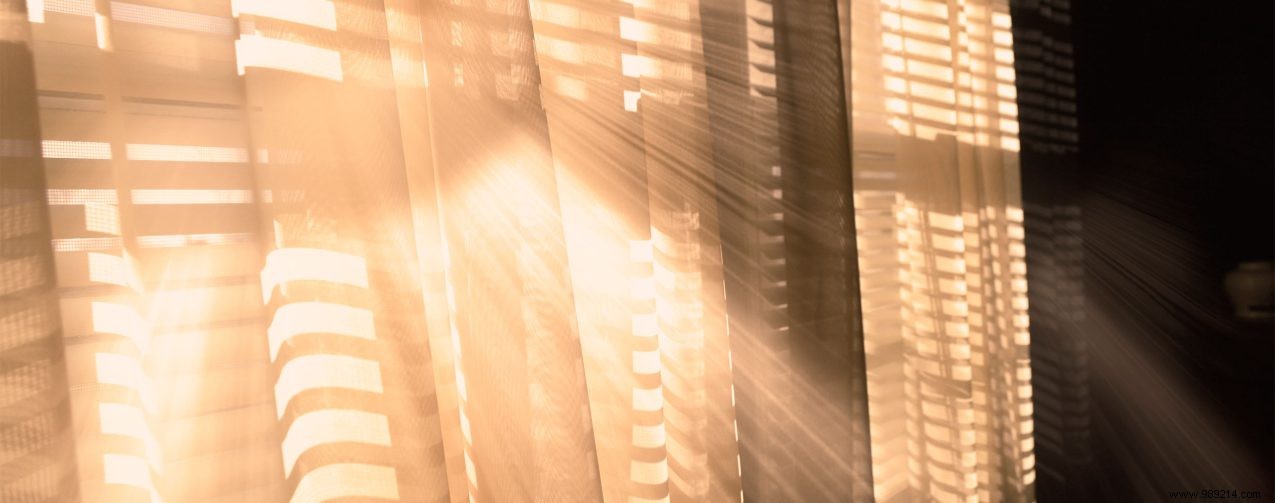
Is your biological clock confused by the hour time difference? This way you give rhythm a helping hand.
The clock is set back so that you can take advantage of the daylight and save on electricity. But how much impact does that hour of sleep have? Research by the University of Groningen shows that you should not think too lightly about that hour less.
Everyone has a biological clock that determines the daily rhythm and, among other things, controls sleep. The light plays a major role in this. In winter time, the biological clock runs parallel to the periods in which it becomes light and dark, so that you sleep and wake up at the right time. In summer time this is not the case, as it is then longer light. As a result, your internal rhythm is not adjusted and you can lose your rhythm with the clock one hour ahead. The result is that you sleep less long and the sleep quality is not optimal. In extreme cases, this can even cause a 'jet lag feeling'.
Fortunately, the clocks are always set back on the weekend. As a result, you may be able to absorb that hour by sleeping a little longer. However, this does not solve the problem and you can also suffer from that 'jet lag' and be more irritable in the following days. Going to bed earlier does not make much sense because in the hours before you go to sleep, your brain produces a substance to prevent you from falling asleep earlier so that your biological clock is maintained. That is why you only get tired around eleven o'clock in the evening if you always go to bed around that time. Try to go to sleep at your usual bedtime.
Getting up can also be more difficult after the start of daylight saving time. Make it easier on yourself and provide plenty of light when you get up. Open the curtains wide and be active. For example, take the children to school on foot or by bike, run up and down the stairs a few times and try to sit as little as possible. In the evening it should be darker in the house so that your body produces the sleep hormone melatonin. Close the curtains early and turn off bright lights, phone, TV, and computer an hour before going to sleep. These signal to the brain that it is still daytime and that reduces melatonin production. Instead, light the candles and read a book or magazine.